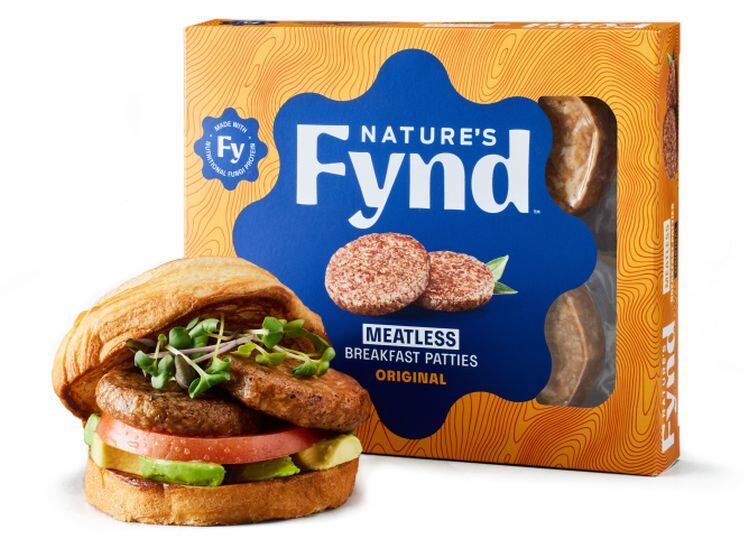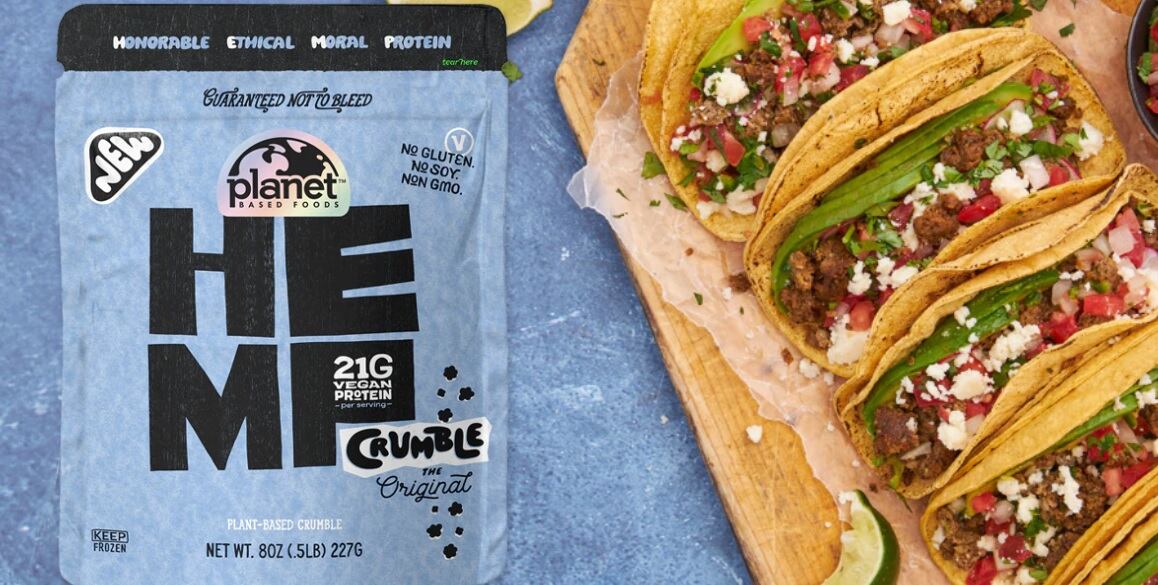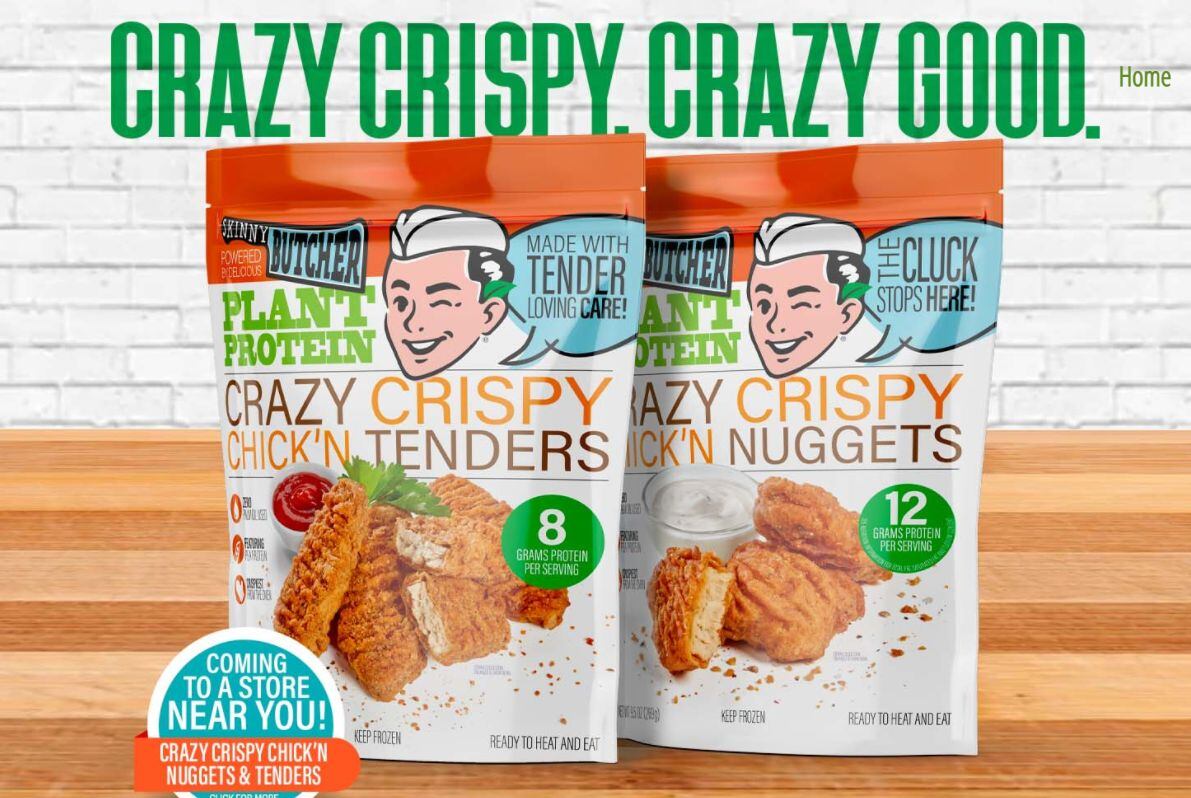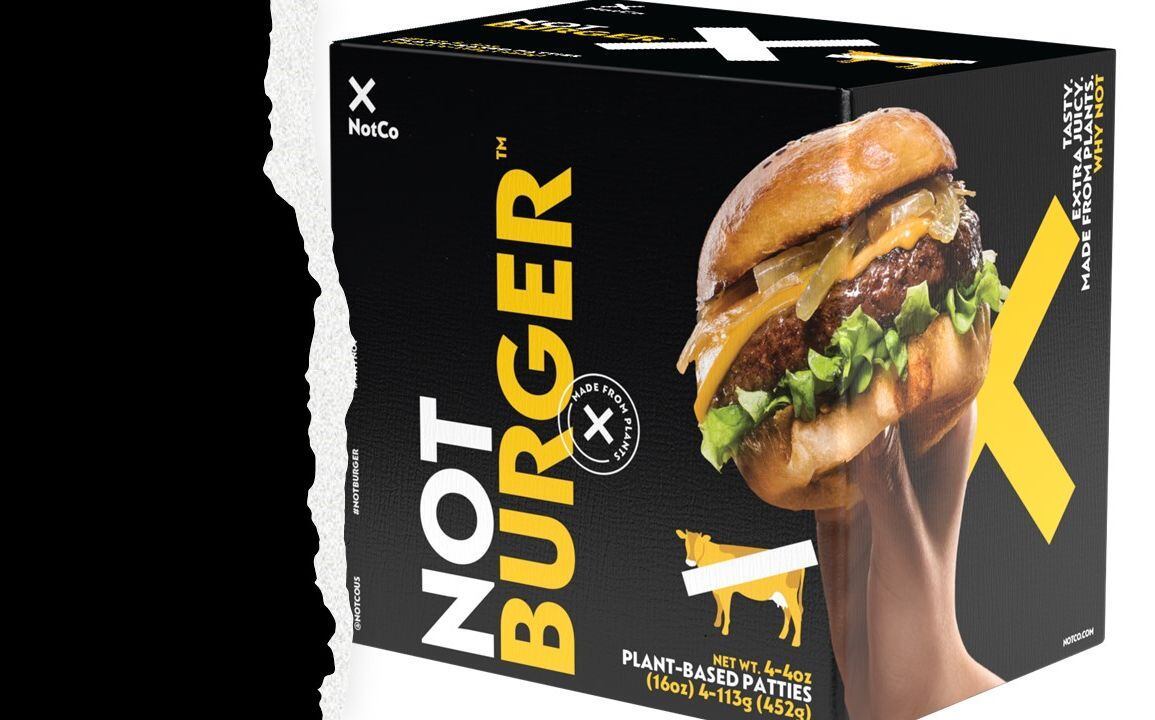The firm - which is operating out of a pilot-scale manufacturing facility in Chicago’s stockyard district that is currently supplying Berkeley Bowl in Berkeley, Calif., Fairway Market in New York City, and Mariano’s across Chicagoland - had originally planned to open a larger-scale 200,000 sq ft facility later this year at Marina Crossings in Chicago, but says the timing has shifted a little given the recent upheaval in the supply chain.
“We are working through engineering and supply chain now and our projections are for some time in 2023, likely to be in the second half of the year, but things continue to evolve in the construction space with lead time of materials and so on, so we don't have any firm dates as of yet,” chief marketing officer Karuna Rawal told FoodNavigator-USA.
“We have more demand than we have capacity right now.”
Capacity constraints
Capacity constraints also partly explain why the first version of the patties Nature’s Fynd has launched contain soy and rice as well as its nutritional fungi protein, said Rawal, who said the company is also looking at building a facility in Singapore.
“One of our challenges right now is capacity, just being able to literally grow enough Fy to do all the things we want to do. There are some textural components that soy delivers [in the formulation] but we would ultimately like these products to be all Fy [a whole food ingredient that contains around 45% protein by dry weight, 25-35% dietary fiber, and 5-10% fat].”
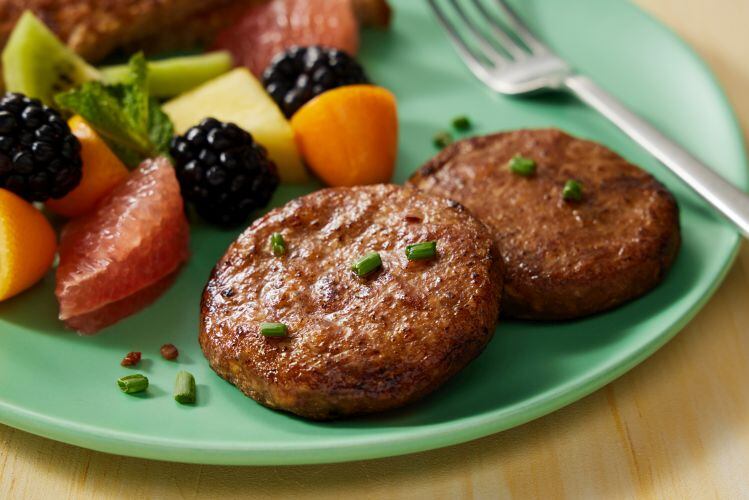
How do you talk to consumers about nutritional fungi protein?
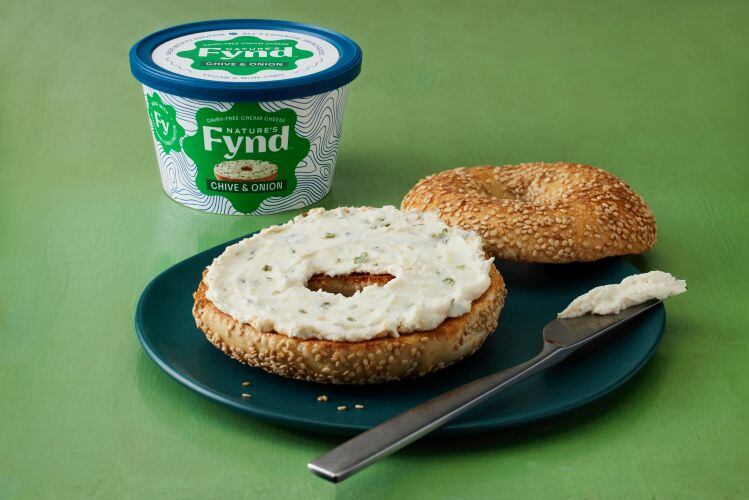
So, what learnings has Nature’s Fynd gleaned from its conversations with consumers about what is effectively a new food source?
“What we've found is our description of nutritional fungi protein actually really helps explain what it is, so we typically talk about this as new to the world complete vegan protein, that we discovered it in Yellowstone National Park, and it's delicious, sustainable, and better for you," explained Rawal.
“And having been at almost all of our sampling opportunities personally, that seems to really resonate, people like the fact that we are not doing isolates or extracts [most meat alternatives deploy extruded plant protein extracts] and that it’s less processed. They also like the fact that it has protein and fiber together.
“The versatility also appeals to people, so we would put it in front of consumers and say, 'Hey, this breakfast patty and this cream cheese is made from the same ingredient,' and people are pretty amazed, especially when you taste them side by side, as you get this incredibly creamy texture that's dairy-like, and then a meat-like texture in the patties.”

‘People have heard the term ‘nutritional yeast’ so that seems to create a connection’
But do consumers - who are familiar with the term 'mushroom' (which is not an accurate term for what Nature's Fynd is growing) - embrace the concept of eating fungi?
“What I've noticed is there is a group of consumers that as soon as you just say ‘complete vegan protein,’ they're like, 'Oh, great,' and they don't ask a lot of questions after that,” said Rawal. “Then there’s another group that digs in further and says, 'So where exactly did it come from and how do you grow it?' But that's a very small percentage.
“Some people will say, 'Well, is it a mushroom?' And we say, 'No, it's not a mushroom, it’s a microbe that’s part of the fungi family,' and then generally people get it, but people have heard the term 'nutritional yeast,' so if you say nutritional fungi protein, that seems to create a little bit of a connection and understanding.”
Meat alternatives… have we already hit the ceiling?
Asked what she made of fungi-fueled rival Meati Foods’ bold prediction that it will be a billion dollar business by 2025, and - on the flip side - competing commentary suggesting that the meat alternatives bubble is about to burst, she said: “I think the reality is somewhere in between.
"But what I am really encouraged by is the change we're seeing across the board amongst young people, and I think that is not a blip, it’s a systemic change in how young people are choosing to eat. And that's being reflected across the board, and we're seeing that in all the research we're doing. I'm seeing it in my own life with my own kids, and I don't think that's going to change and I don't think it's a fad.
“I think there's a conscious, intentional effort to change how this generation is going to eat and I think alternative proteins are going to be a huge part of that, so I don't believe the gloom and doom. I think there's a systemic change happening and this generation is going to continue to drive that forward."
She added: “The interesting thing we're seeing is especially as more young people have been living at home with all the changes we've seen in the last couple of years, they're also influencing how their parents and everyone else in the household eats.”
Merchandising meat alternatives: A work in progress?
Asked how retailers are thinking about the meat alternatives space given that sales growth in some parts of the category have slowed down, she said:
“I think there's a lot of learning going on in the space in terms of figuring out where and how to [merchandise meat alternatives]. Kroger did a study that showed that putting them alongside [conventional] meats really helps drive sales, but my sense in talking with retailers is that everyone's still experimenting with different things.
“For the consumer, it can be hard to know where to go in the store to look for these products.”
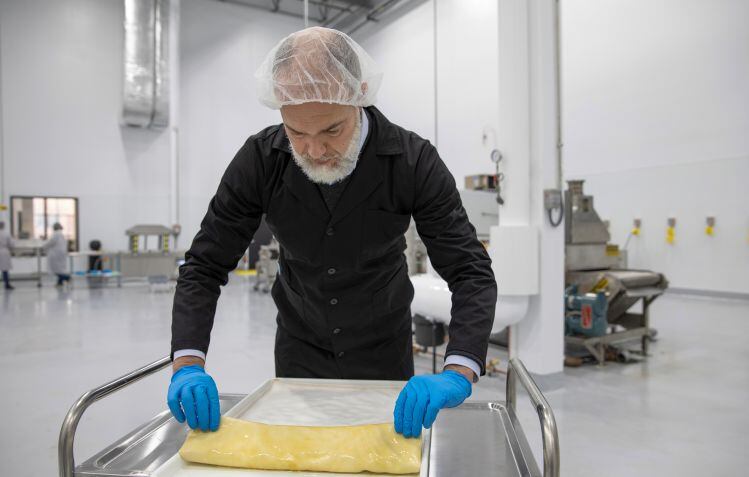
What is Fy protein?
Part of a third category in the ‘alternative protein’ space that is not plant-based or cell-cultured, Nature's Fynd is working with a Non GMO fungi strain with origins in the geothermal springs of Yellowstone National Park that naturally produces high levels of complete protein when grown in a controlled environment. Rather than extracting the protein to make a concentrate or isolate, it is producing a whole food ingredient.
Right now, producing protein – whether from peas and soybeans or cows and chickens – is resource-intensive and time-consuming, requiring large amounts of land, energy and water, according to Nature's Fynd CEO Thomas Jonas, who likes to point out that it can take years to grow animals, and months or years to grow plants, while microbes "can double their biomass in a matter of hours and the ‘growing season’ is 24 hours a day, seven days a week, 365 days a year.”
What makes Nature's Fynd's ‘extremophile’ Fusarium flavolapis fungi strain alluring as a potential food source is that it has evolved to do more with less – that is, it can produce high quality protein with minimal inputs very efficiently, claims Jonas.
In its GRAS notice, the company explains that Fy protein has a PDCAAS score of 0.92 (higher than plant proteins such as pea), providing "all the essential amino acids and significant amounts of dietary fiber."
According to the company, a life cycle analysis suggests that Fy protein emits roughly 99% fewer greenhouse gases, and uses 99% less land, and 87% less water than growing beef, with no methane emissions, and minimal waste.
Nature's Fynd received a 'no questions’ letter from the FDA in response to its GRAS safety determination for its ‘Fy’ fungi ingredient in March 2021.

